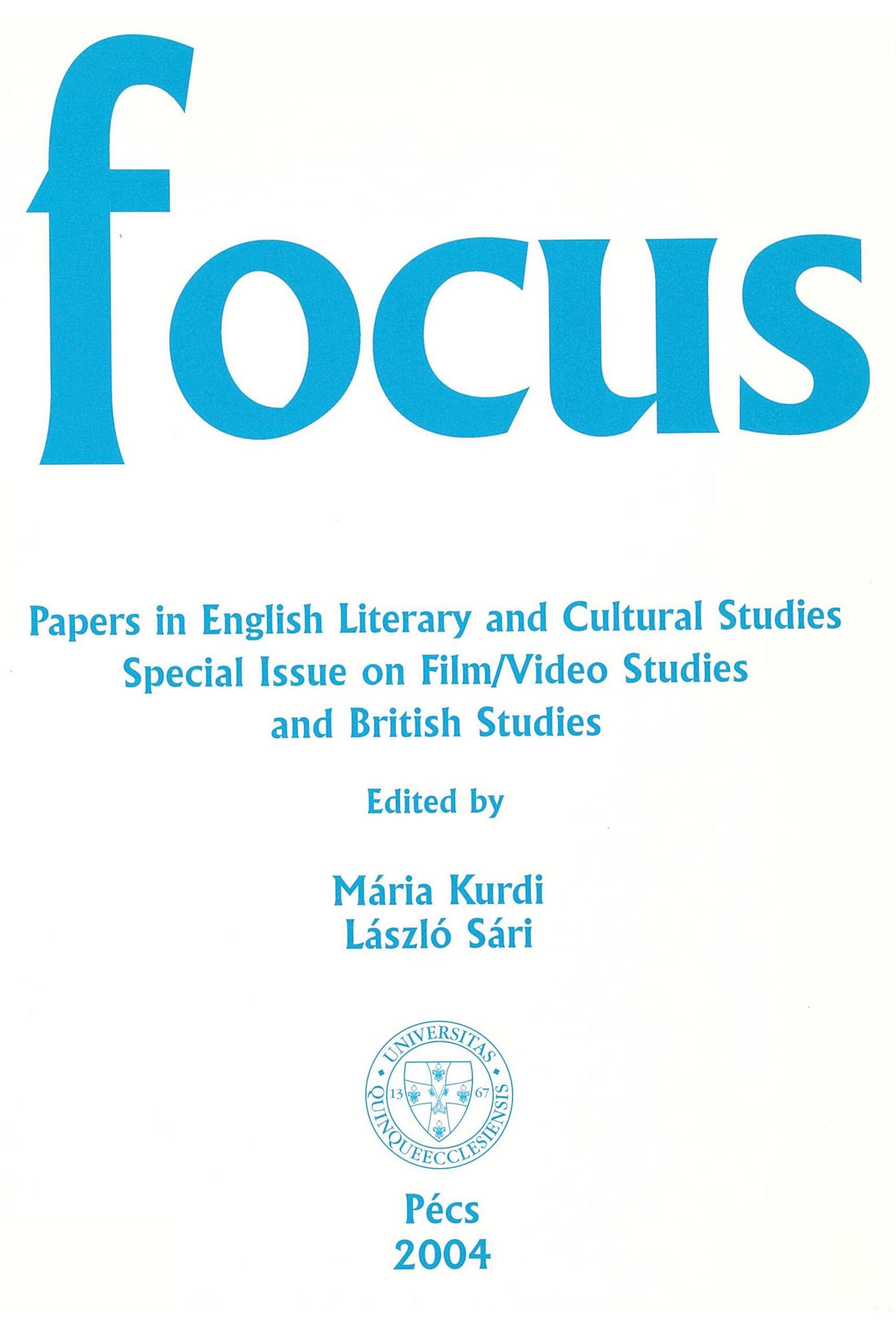Empire of Venery: Tony Harrison’s African Poems
Abstract
During the 1980s and 90s Tony Harrison enjoyed a reputation as England’s unofficial and politically oppositional poet laureate. Combined with his extensive theatre work, his newspaper poems and his televised film poems brought verse to the attention of a wider audience who responded warmly to the revelation that a centuries-old tradition of English republican radicalism, seemingly moribund as far as conventional cultural outlets were concerned, had found outspoken continuance in strong lines, a fierce intelligence and compassionate anger organised by a voice that could be tender and loving; and delivered in bewitching rhythms. It now seems evident that the years from 1962 to 1966, when Harrison was lecturing at Ahmadu Bello University, Nigeria’s largest academic institution situated in the northern city of Zaria, were a crucial catalyst in the early development of his writing. It was at Ahmadu Bello that he staged his first drama; a Nigerian version of Aristophanes’ Lysistrata called Aikin Mata, co-written with the Irish poet James Simmons for a prize-winning group of university players and dedicated to Wole Soyinka. In partnership with Simmons, Harrison tailored Lysistrata's Athenian origins to Nigerian contexts so that Aikin Mata uses local ethnicities and cultural forms, some of them from a Yoruba pantheon that Harrison the future President of the British Classical Association considered to be “every bit as rich if not richer than that of the Greeks” (“Shango” 89). In this locally oriented adaptation of classical script Aristophanes’ sex-based and sometimes bawdy anti-war satire engaged successfully with the ethnic and religious divisions that within a few years would erupt into bloody and sustained armed conflict between Nigeria’s predominantly Muslim north and Christian south. Given such a fraught political context, the play took risks of its own: in its cross-gender, inter-ethnic satire, Yoruba and Ibo players took Hausa and Fulani roles, and a mixed group of Yoruba and Ibo males played a chorus of old Hausa women.
Downloads
Published
How to Cite
Issue
Section
License

This work is licensed under a Creative Commons Attribution-NonCommercial-NoDerivatives 4.0 International License.
FOCUS: Papers in English Literary and Cultural Studies follows the principles laid down by Creative Commons, which provides guarantees for the Author’s copyright while also ensuring that intellectual properties are made available for the wider public in a digital form. All papers submitted to the journal apply the following licence conditions (indicated on the journal’s website as well as in individual publications):
“© This work is licensed under a Creative Commons Attribution-NonCommercial-NoDerivatives 4.0 International License.”
You are free to:
- Share, copy and redistribute the material included in the journal in any medium or format under the following terms:
- Attribution — You must give appropriate credit to the Author, and indicate the original place of publication [FOCUS: Papers in English Literary and Cultural Studies, Issue nr., page numbers.].
- NonCommercial — You may not use the material for commercial purposes.
- NoDerivatives — You are not allowed to remix, transform, or build upon the material.
- The above conditions must always be indicated if the journal material is distributed in any form.
- The above conditions must always be met, unless a written permission signed by the Author and the Editor-in-Chief states otherwise.

